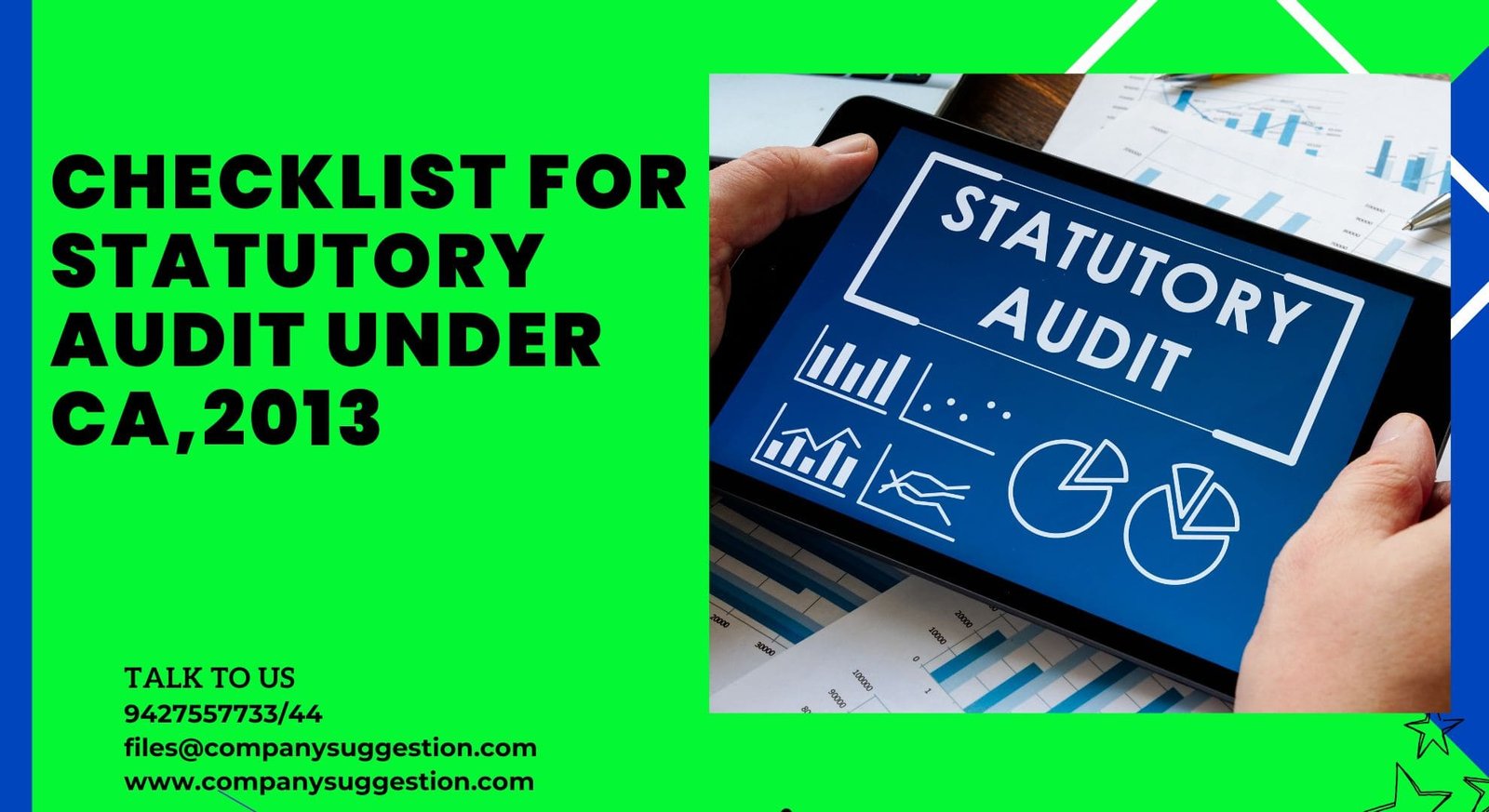In the past few years, there has been an emergence of the one-person company (OPC) format, which is an enhancement of the sole proprietorship structure. An OPC is essentially a business initiated and run by a single individual. In contrast, a traditional company needs to have a minimum of two directors and two members for its formation. For individuals who wishes to establish a business independently, opting for an OPC offers an advantageous choice. . Before the Companies Act of 2013, a sole person could not establish a formal corporation. Learn more about Maximum Number of Directors in OPC.
One Person Company: Unique Feature
In a One Person Company (OPC), a single promoter obtains absolute authority over the company, limiting their responsibility to the extent of their contributions to the OPC. Consequently, this individual becomes the exclusive shareholder and director (although a nominee is designated, but has zero power unless the primary director proves their inability to continue). Within such corporate structures, there is also no provision for employees to participate in employee stock options or equity investments.
One Person Company: Incorporation Procedure
- Initiate contact with Companysuggestion to check your eligibility to apply for incorporation and they will provide you with a checklist of all the essential documents to prepare.
- Utilize our experienced professionals to facilitate the application for Digital Signature Certificates (DSC) and Director Identification Numbers (DIN) for all directors involved.
- We will manage the procedure of reserving a distinct name for your OPC. This step ensures that your chosen name is available and compliant with regulations.
- Subsequently, we will handle the submission of the Spice+ form, which is essential for the incorporation of your company.
- After that stage, we guide you in the process of obtaining Permanent Account Numbers (PAN) and Tax Deduction and Collection Account Numbers (TAN) for your newly formed company.
- After completing the previous steps, the Registrar of Companies will issue a certificate confirming the official incorporation of your company.
- Our support extends to helping you inaugurate a bank account and expertly handling all subsequent post-incorporation protocols.
One Person Company: Conversion
A one-person company must convert into either a private limited company or a public limited company when its invested capital reaches INR 50 lac or its average annual turnover over the past three financial years exceeds INR 2 crore. These guidelines are outlined in the Companies (Incorporation) Rules of 2014. In the event that an OPC (One Person Company) crosses these financial thresholds, it is obligatory to inform the relevant Registrar of Companies (ROC) using Form INC-5 within a span of 60 days. It’s essential to acknowledge that if an OPC doesn’t fulfill either of these criteria within two years of establishment, it won’t have the freedom to convert itself into any other business entity.
Number of Directors Mandatory in OPC
- An OPC (One Person Company) can have only one member, and as per Section 152(1) of the Act, this member is presumed to be the initial director until other directors are legally appointed.
- The number of directors in an OPC can range from a minimum of one (1) to a maximum of fifteen (15). If there’s a need to exceed the limit of fifteen directors, the OPC must pass a dedicated resolution to authorize this change.
If you have any doubt regarding this, then you can send your doubts on companysuggestion and our team of experts will guide you.












